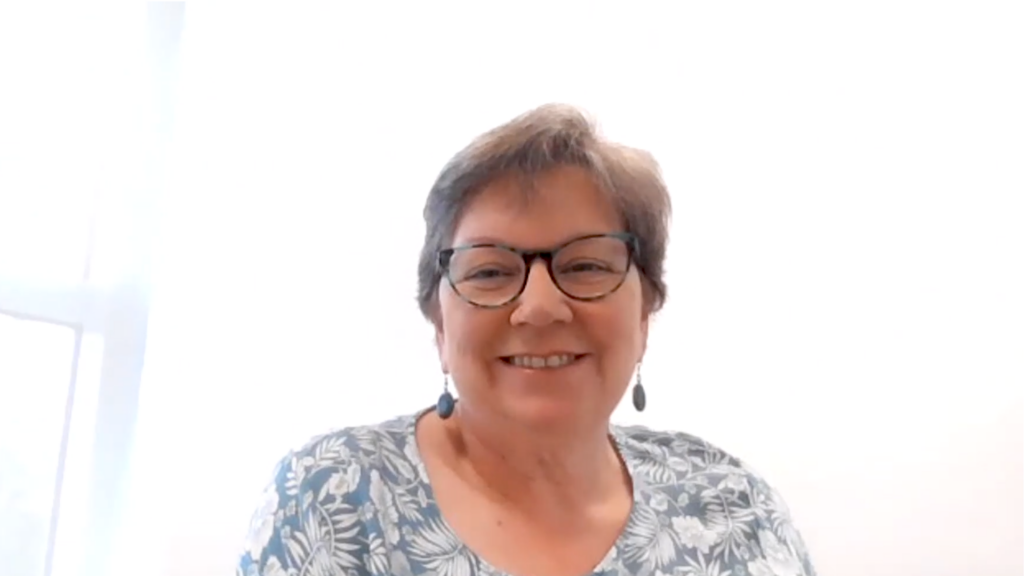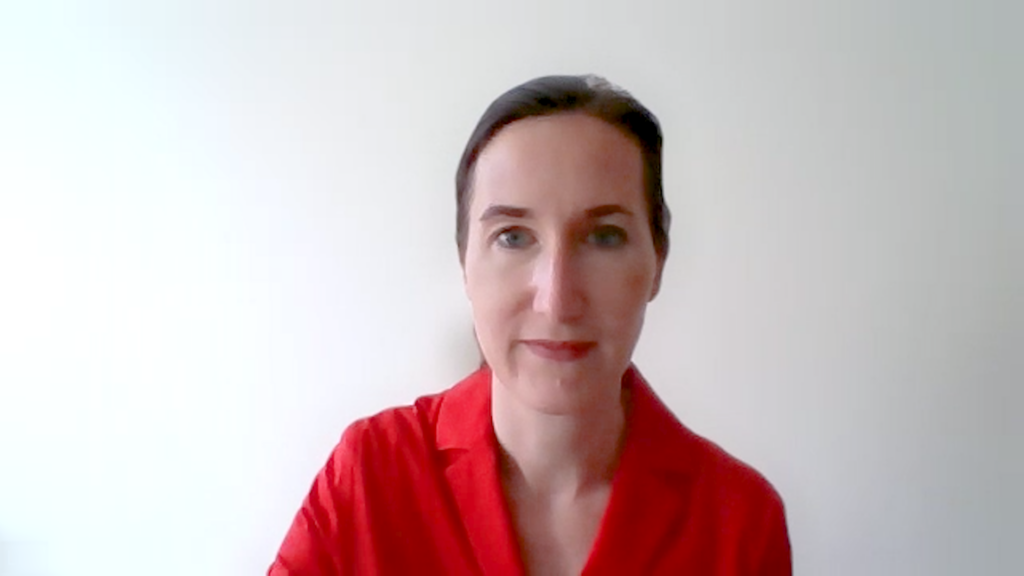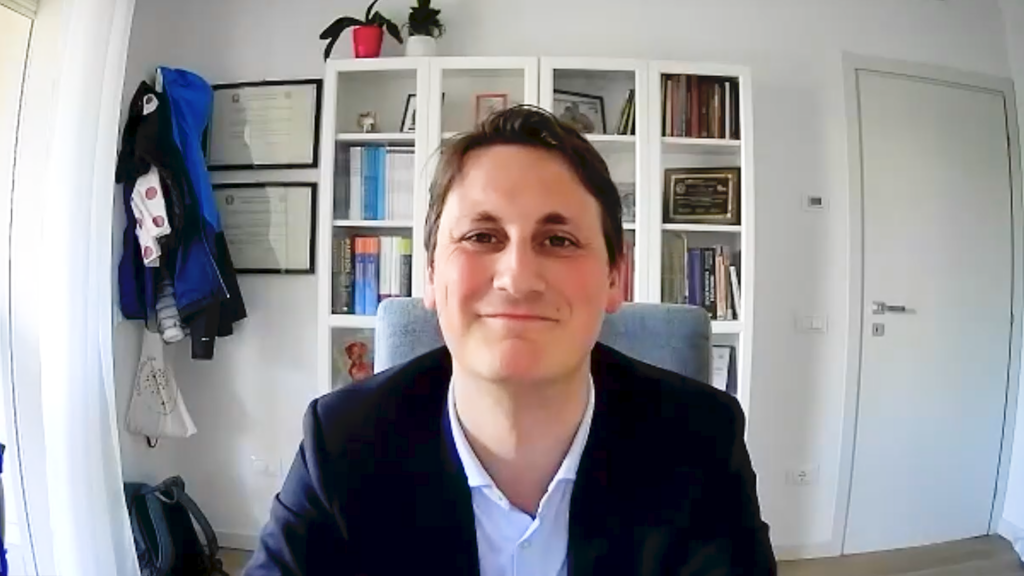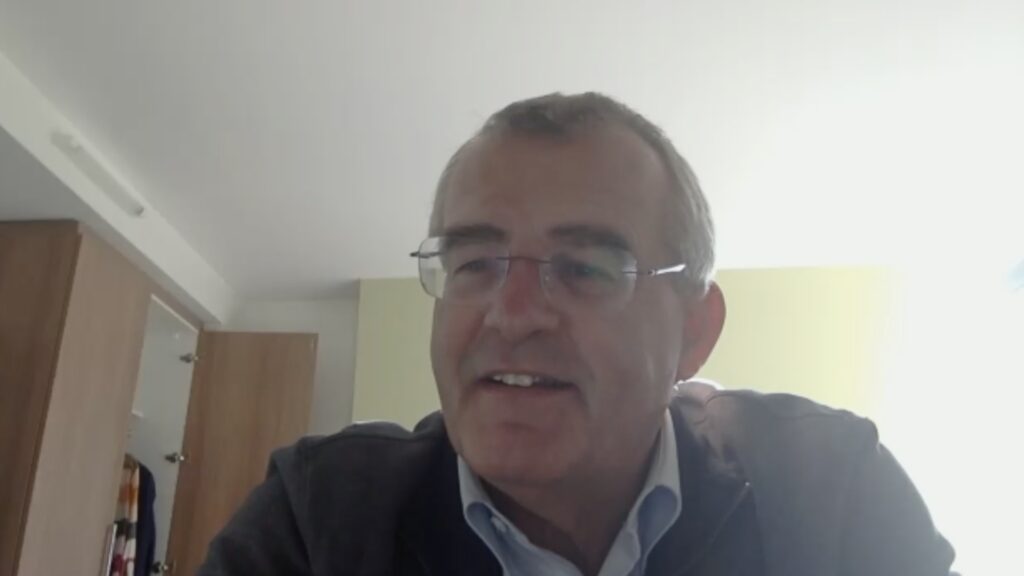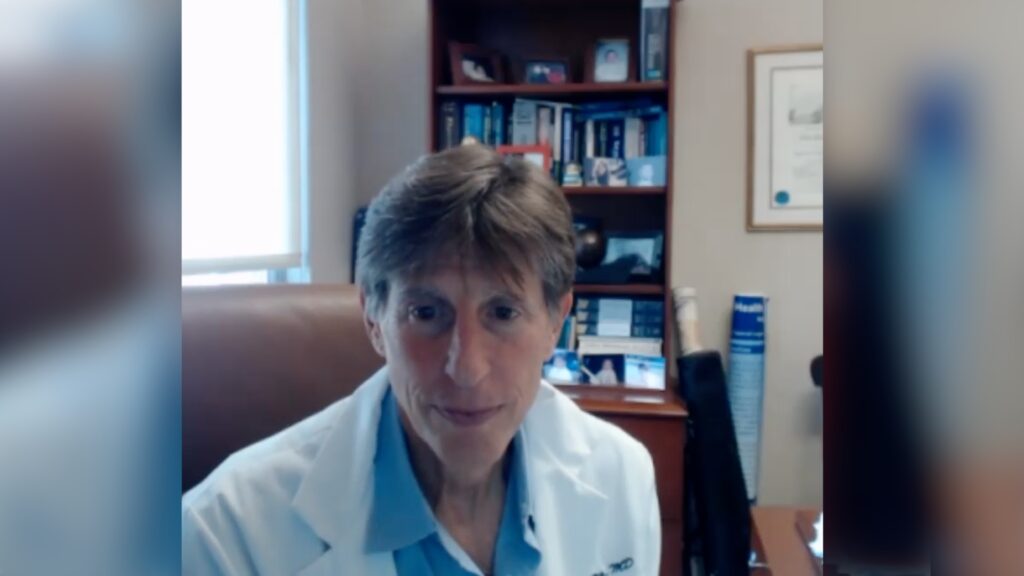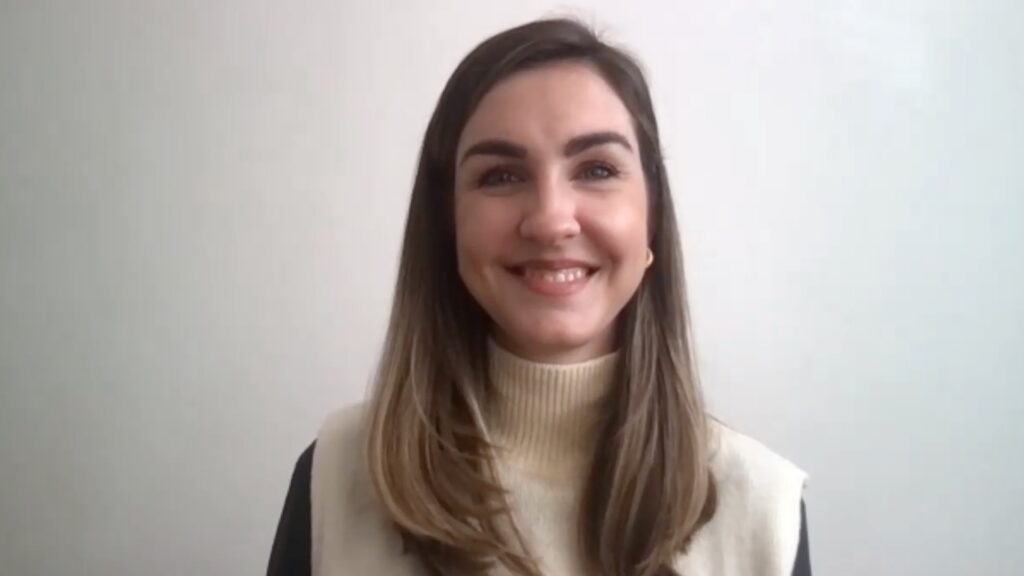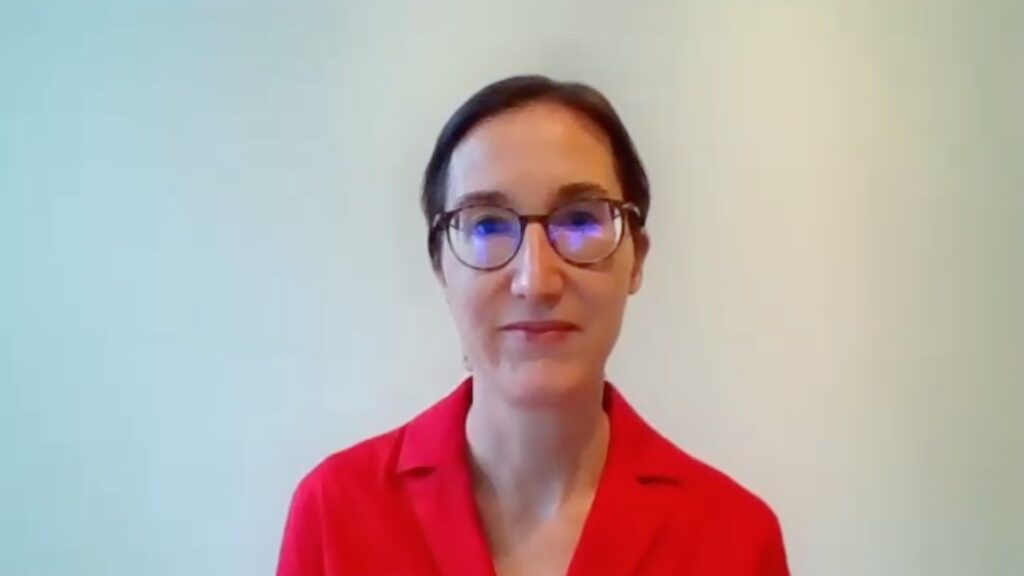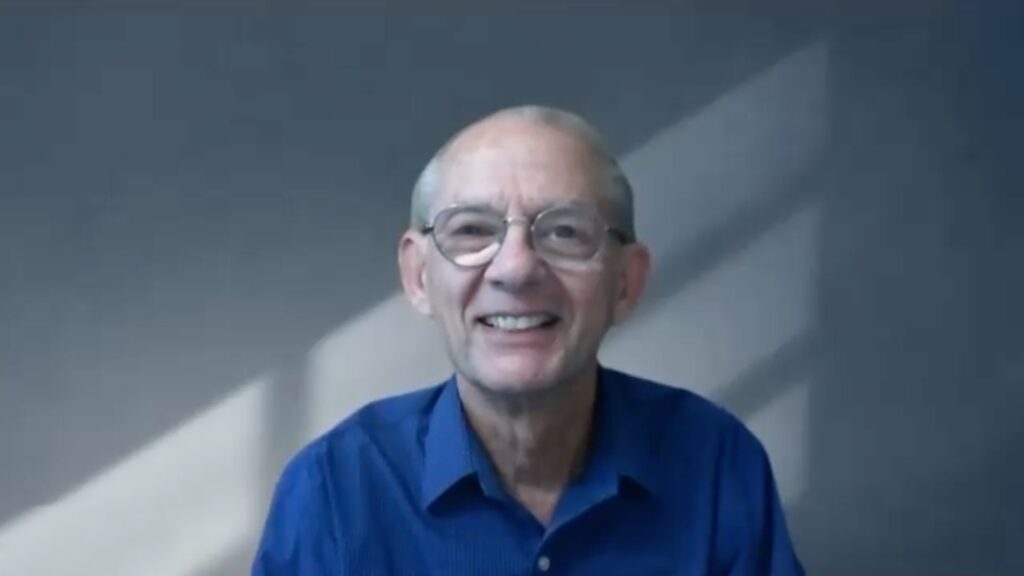 Dr Sonali Bracken is a physician-scientist specializing in rheumatology and immunology at Duke University. She earned her MD and PhD in Immunology from the University of Connecticut, completing her internal medicine residency at Duke University Hospital. Dr Bracken is currently a fourth-year research fellow in the Division of Rheumatology and Immunology at Duke University Medical Center, where she focuses on understanding how B cells contribute to autoimmune diseases. Her research aims to develop safer and more effective treatments for autoimmune disorders. In recognition of her outstanding contributions to rheumatology, Dr Bracken received the 2024 Distinguished Fellow Award from the American College of Rheumatology (ACR).
Dr Sonali Bracken is a physician-scientist specializing in rheumatology and immunology at Duke University. She earned her MD and PhD in Immunology from the University of Connecticut, completing her internal medicine residency at Duke University Hospital. Dr Bracken is currently a fourth-year research fellow in the Division of Rheumatology and Immunology at Duke University Medical Center, where she focuses on understanding how B cells contribute to autoimmune diseases. Her research aims to develop safer and more effective treatments for autoimmune disorders. In recognition of her outstanding contributions to rheumatology, Dr Bracken received the 2024 Distinguished Fellow Award from the American College of Rheumatology (ACR).
As part of our Future Leaders series, we spoke with Dr Bracken on what drew her to a career in rheumatology, the most promising aspects of her research into autoimmunity and the most exciting emerging therapies in the field.
Q. What drew you specifically to rheumatology from a broader immunology background?
When I was in graduate school, my dissertation work focused on immune tolerance in the context of an asthma model. I think that got me really fascinated by the concept that breaks in immune tolerance can contribute to human disease. During my residency training, I participated in the care of several patients with complex autoimmune diseases and became very drawn to this patient population. So it was really, in short, my clinical exposure in combination with my scientific background that led me to rheumatology.
Q. What aspects of your research into autoimmunity do you believe to be the most promising?
I’m very excited about the questions that we are beginning to ask about the role that B cells play in autoimmune-driven lung fibrosis. It’s very clear from clinical data that B cells have an important role in promoting chronic inflammatory diseases and particularly autoimmune connective tissue diseases. Surprisingly, we know very little about B cell effector functions beyond antibody generation. Our work focuses on the intrinsic changes that promote B cell pathogenic functions in the context of autoimmunity. I believe these studies will pave the way for improved therapies that can selectively target the “bad” B cells while sparing the protective ones.
Q. What does receiving the 2024 ACR Distinguished Fellow Award mean to you at this stage of your career?
It is an incredible honour to have been recognized by the ACR as one of their Distinguished Fellows in 2024. At a time when we are seeing a dwindling number of physician-scientists entering the workforce, this recognition reinforces the powerful role that physician-scientists have in impacting the quality of care that our patients ultimately receive. This honour is also a testament to my mentors and the hard work they have generously invested into my development. It truly takes a village to raise a physician-scientist, and I am very grateful for all the individuals who have helped me along my career path.
Q. Which emerging therapies in rheumatology are you most excited about?
I’m incredibly excited about the cellular therapies that are changing the landscape of autoimmunity. Chimeric antigen receptor T (CAR T) therapies are a particularly exciting advancement because they operate in ways beyond what our current antibody-based therapies can do. CAR T cells can penetrate into tissue spaces and target pathogenic tissue-resident cells, which can make a world of difference in the outcomes that patients experience. We’re seeing really astounding data coming out of B cell-directed CAR T trials in autoimmunity. By allowing patients to be more active, sparing them from organ or stem cell transplantation, or by simply reducing pill burden, these therapies can have a huge quality-of-life impact for patients who are currently living with severe or refractory autoimmune diseases. I predict that cell therapy will revolutionize the way we as rheumatologists ultimately care for our patients, and I think we are at the tip of the iceberg for where this powerful technology is ultimately going to go.
Q. How do you ensure that your scientific work remains grounded in real patient needs?
Further content in rheumatic diseases.
Editor: Victoria Jones, Senior Content Editor.
Disclosures: This short article was prepared by touchIMMUNOLOGY in collaboration with Sonali J. Bracken. touchIMMUNOLOGY utilize AI as an editorial tool (ChatGPT (GPT-4o) [Large language model]. https://chat.openai.com/chat.) The content was developed and edited by human editors. No fees or funding were associated with its publication.
Sonali Bracken discloses receiving grant/research support from the National Institutes of Health, and other financial or material support from Elsevier.
Cite: Sonali J. Bracken. Bridging Bench and Bedside: Future Leader, Dr Sonali Bracken on Autoimmunity, B Cell Research, and the Future of Rheumatology. touchIMMUNOLOGY. 4 June 2025.

touchIMMUNOLOGY is celebrating the brightest rising stars in the immunology community, who are set to shape the future of the field.
SIGN UP to TouchIMMUNOLOGY!
Join our global community today for access to thousands of peer-reviewed articles, expert insights, and learn-on-the-go education across 150+ specialties, plus concise email updates and newsletters so you never miss out.




